
Cardiovascular Tests
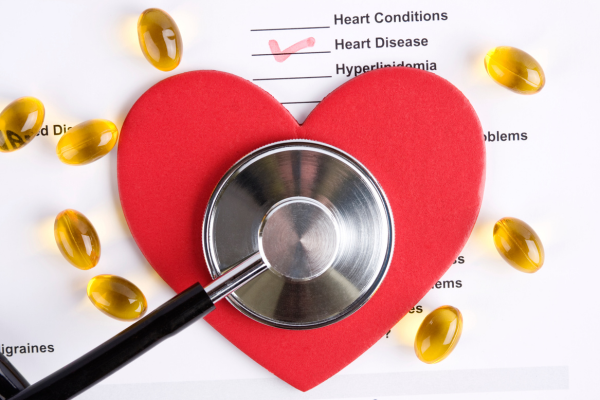
About Cardiovascular Tests
Cardiovascular tests are medical exams that help doctors assess the health of your heart and blood vessels. These tests are essential for diagnosing heart conditions, monitoring heart health, and guiding treatment plans.
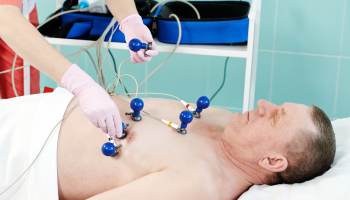
Electrocardiogram (ECG or EKG) Tests
An ECG is a painless test that records the electrical activity of your heart.

Stress Test
A stress test, also known as an exercise test or treadmill test, evaluates how well your heart functions during physical activity.
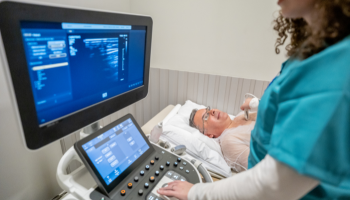
Echocardiogram Test
An echocardiogram is an ultrasound test that uses sound waves to create moving images of your heart.
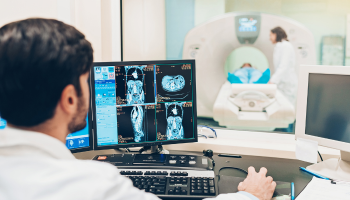
Cardiac MRI (Magnetic Resonance Imaging)
A cardiac MRI uses powerful magnets and radio waves to create detailed images of the heart and blood vessels.
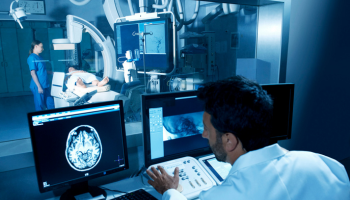
CT Angiography (Computed Tomography Angiography)
CT angiography is a specialized CT scan that produces detailed images of the blood vessels in and around the heart.

Holter Monitor
A Holter monitor is a portable device that continuously records your heart’s electrical activity over 24 to 48 hours while you go about your normal activities.
The Importance of Cardiovascular Tests
Cardiovascular tests are super important for keeping your heart healthy and catching any problems early. These tests help doctors understand how well your heart is working and if there are any issues you need to know about.

Importance Of Tests
Cardiovascular tests can catch heart issues before they become serious. By finding problems like high blood pressure or clogged arteries early, doctors can start treatment sooner and prevent bigger problems like heart attacks or strokes.
These tests give doctors important info about your heart’s health. They can check things like your heart rate, blood pressure, cholesterol levels, and heart rhythm to see if there’s anything that needs attention.
For individuals with existing heart conditions, regular heart tests are crucial for monitoring disease progression and treatment effectiveness. These tests help doctors track changes in heart function, detect any worsening of symptoms, and adjust treatment plans accordingly.
Heart tests play a vital role in guiding treatment decisions for individuals with heart disease. They provide valuable diagnostic information that helps doctors determine the most appropriate interventions, medications, or lifestyle changes to manage the condition effectively and improve outcomes.
By identifying risk factors and early signs of heart disease, heart tests can help prevent complications and adverse events. For example, detecting blockages in the arteries through tests like CT angiography can prompt interventions such as angioplasty or bypass surgery to restore blood flow and prevent heart attacks.
Getting regular cardiovascular tests helps you stay aware of your heart health. It reminds you to take care of your heart by eating healthy, staying active, managing stress, and avoiding things like smoking that can harm your heart.
Contact Us For More Detail

